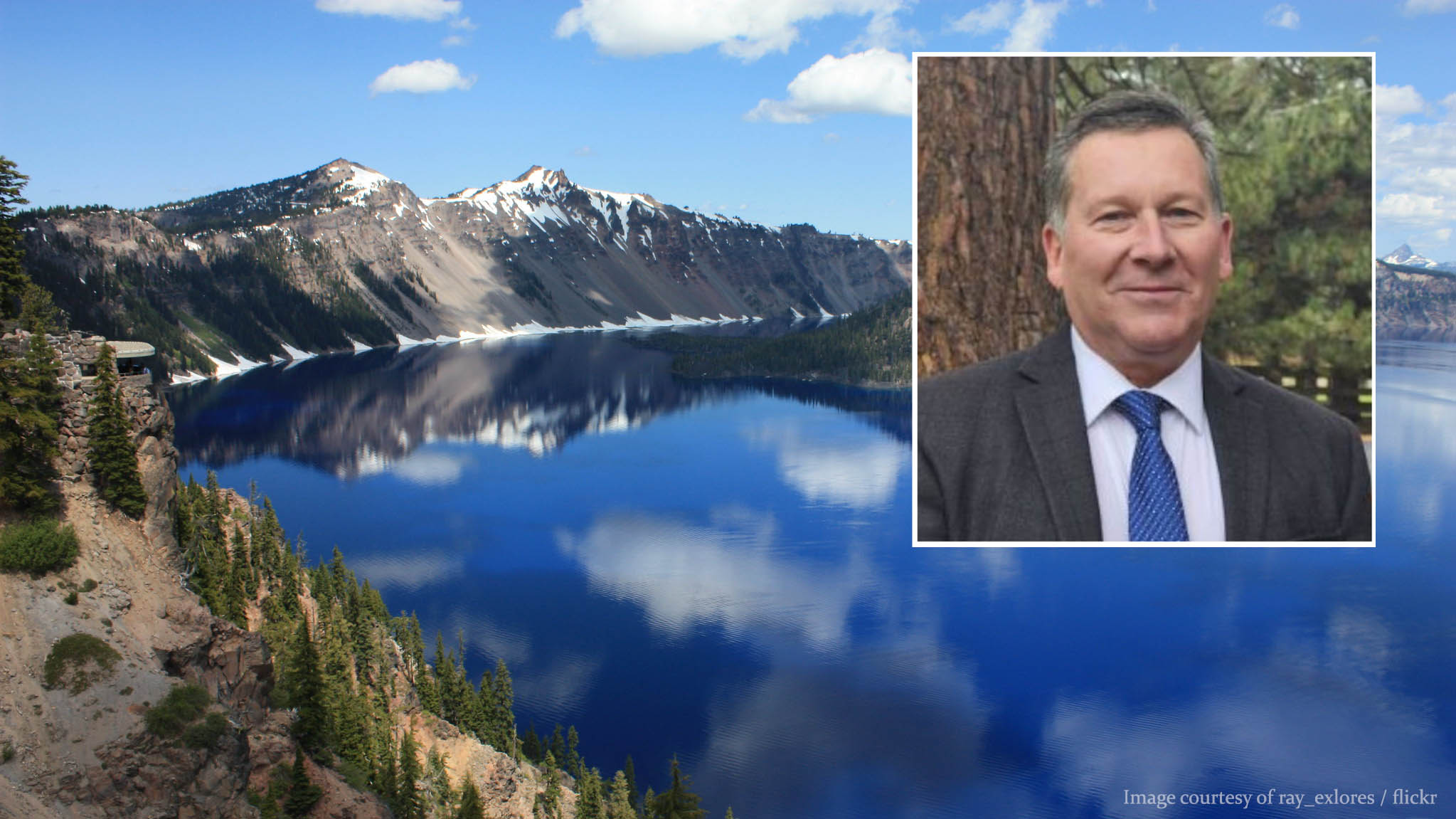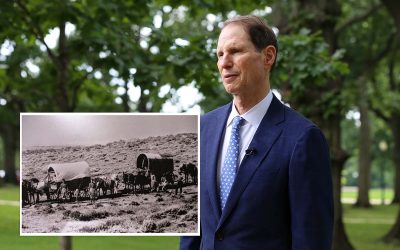After just five months on the job, the superintendent of Crater Lake National Park has resigned — and he's not going quietly.
Kevin Heatley, a veteran public lands manager, stepped down last Friday, citing what he describes as devastating staffing cuts and a federal policy direction that is hollowing out the National Park Service from the inside. In an interview with KGW, Heatley said he couldn’t continue in a system that’s bleeding talent and unable to meet even basic operational needs.
“I did not want to be empowering the current administration to cause that kind of impact on the people that I’m responsible for,” he said. “And I also did not want to participate in the dismantlement — effectively a dismantlement — of the National Park Service.”
Heatley, who has decades of experience with both the Bureau of Land Management and the National Park Service, said key permanent roles at Crater Lake — from rangers to facilities staff — are going unfilled, leaving Oregon’s only national park vulnerable.

He pointed to policies dating back to the Trump administration, including incentives for early retirement and restrictions on rehiring, as the root of the problem. “We’re being told, for instance, when people leave, they only want to replace 25% of those permanent positions,” Heatley said. “You can’t run an organization like that.”
While Crater Lake is expected to bring in 60 to 65 seasonal employees this summer, Heatley says it’s a band-aid on a gaping wound. The full-time staff responsible for maintaining the park’s infrastructure has been gutted — only a few of the park’s eight ranger positions are currently filled.
“Crater Lake is on the precipice — no pun intended — of collapse if one of those permanent facilities management-type people ends up leaving,” he said.
Heatley ultimately decided he couldn’t stick around and pretend things were okay. “Am I empowering the destruction of the thing that I’m trying to protect in the first place — not only my employees, but Crater Lake, and on a larger level, the National Park Service itself?” he said.
His departure highlights a growing divide in how Americans view the role and size of the federal government. Critics of the current trajectory see the Park Service as being left to wither, under-resourced and overburdened. But others, especially on the conservative side, have long argued that bloated federal agencies should trim inefficiencies, reduce overlap, and rely less on lifetime government employment.
To some, policies that limit automatic rehiring and encourage leaner operations reflect an overdue shift toward fiscal responsibility — even in beloved institutions like the National Park Service.
Still, Heatley’s resignation is a reminder that these debates aren’t just theoretical. They play out in real places — like Crater Lake — where fewer boots on the ground could mean fewer protections for the natural wonders we all treasure, regardless of politics.












